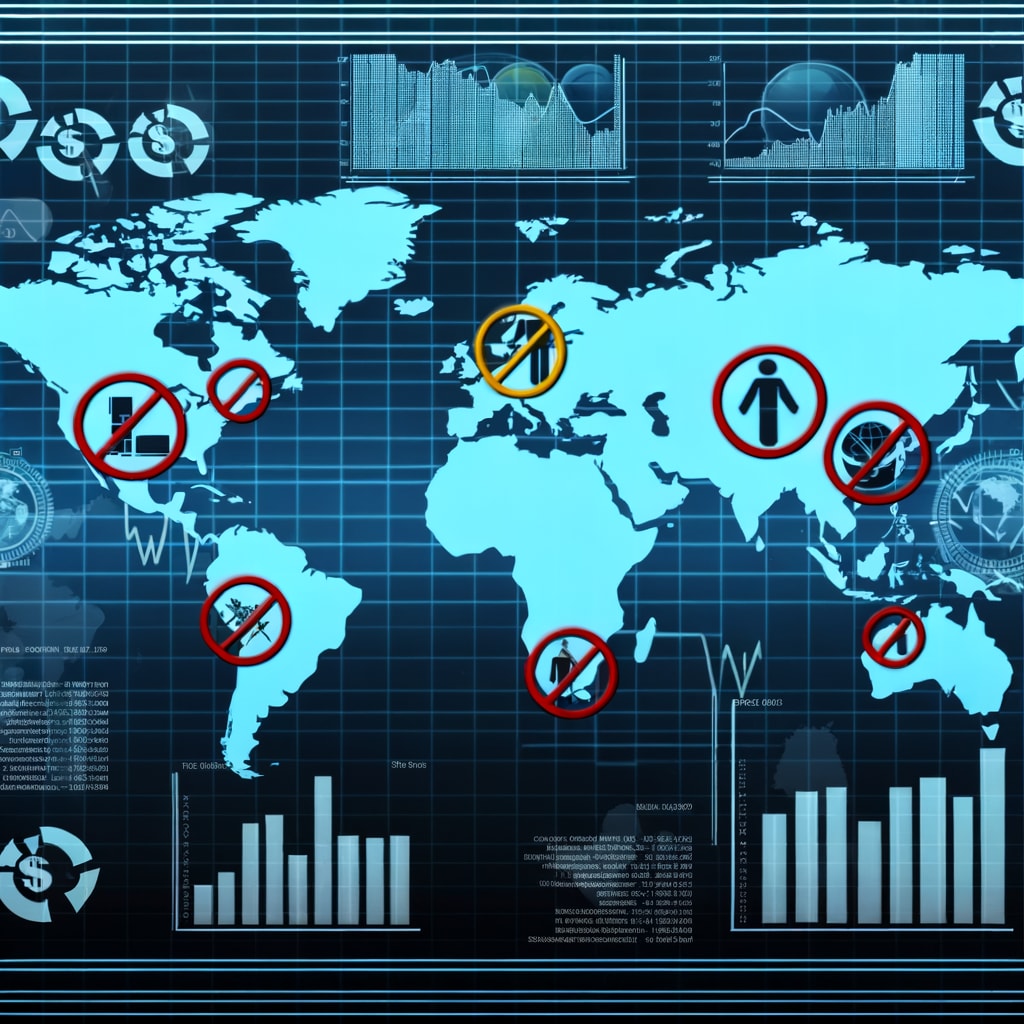Trump Imposes Wide-Ranging Tariffs Globally, Triggers Market Reactions
In a move that alters the global trade landscape, US President Donald Trump signed an executive order imposing tariffs on imports from dozens of countries, with rates varying from 10% to 50%. The new measures, set to come into effect on August 7, are part of Trump's aggressive strategy to reduce the US trade deficit.
Background and Context
The sweeping tariffs, announced just hours before a self-imposed August 1 deadline, target major US trading partners including the EU, Canada, Israel, India, Taiwan, and Switzerland among others. The decision comes following the conclusion of negotiations with the respective trade partners.
While the EU faces a 15% tariff, Switzerland and Canada were hit hardest, with tariff rates set at 39% and 35% respectively. Balkan countries Serbia and Bosnia will face tariffs of 35% and 30%. In the Middle East, Israel is slapped with a 15% tariff. Asian nations like India, Taiwan, and South Korea will face tariffs of 25%, 20%, and 15% respectively.
Key Developments
President Trump's tariffs have prompted a range of reactions globally. Israeli Prime Minister Benjamin Netanyahu has appealed for a significantly reduced tariff, citing Israel’s war on Gaza. Swiss tariffs are believed to be a move by Trump to push Swiss companies to lower prices in the United States.
The US administration's decision has led to a drop in world stock rates, with Germany's DAX index falling by 1.1% and France’s CAC falling by almost 1% at the start of trading in Frankfurt.
Reactions and Implications
The announcement has sparked widespread concern and criticism. Some countries, like Switzerland, expressed disappointment and indicated intentions to negotiate. Others, like China, warned against protectionism, stating that it would harm the interests of all parties
.
President Trump's tariffs have also influenced internal politics in various countries. In Australia, the 15% tariff deal agreed by the EU has sparked fears of potential US levies.
On the other hand, some voices, such as Pennsylvania Democratic Sen. John Fetterman, have lauded Trump's tariffs, claiming that the U.S. trade war is going well
.
Conclusion
As nations scramble to reconfigure their trade strategies, the global economy is set for a period of adjustment and uncertainty. The International Monetary Fund has warned that trade tensions continue to pose a risk to the global economy. Despite the turmoil, Trump's tariffs are a reality that global trade partners will have to navigate in the foreseeable future.

